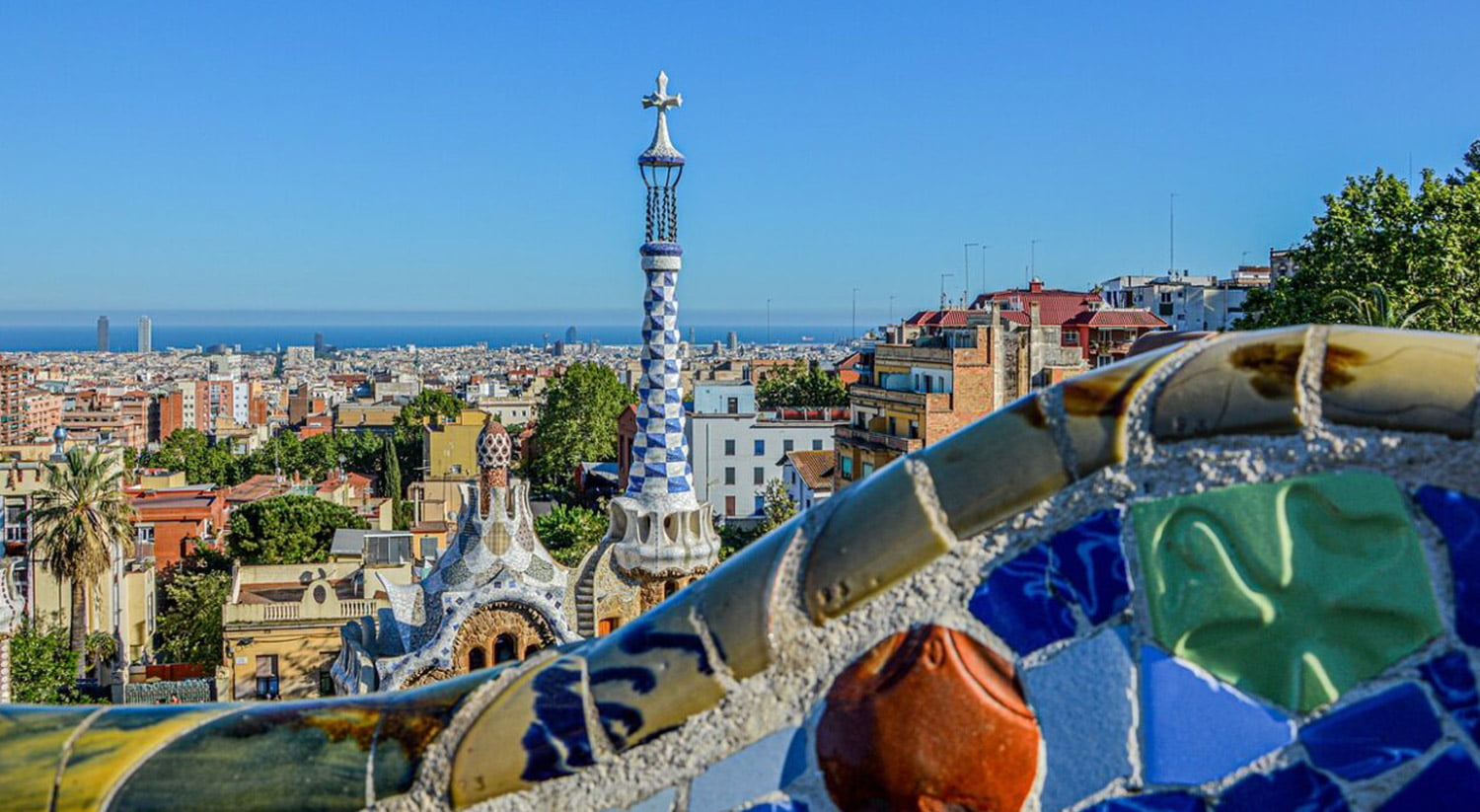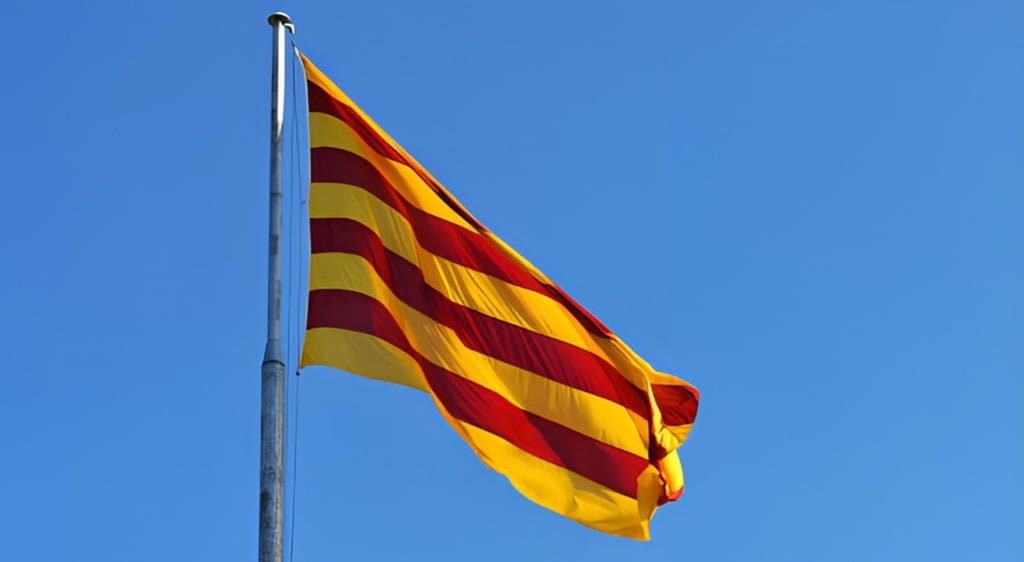
The Catalan language, with its rich history and wide geographical distribution, is a linguistic treasure that deserves to be explored and appreciated. In this article, we will delve into the fascinating world of Catalan expressions, those colloquial phrases that add color and authenticity to everyday communication in Catalonia and other Catalan-speaking regions.
By better understanding these expressions, we will not only enrich our linguistic knowledge, but also get closer to the culture and idiosyncrasies of their speakers.
1. The essence of Catalan expressions
The Heart of language
Catalan is a Romance language spoken by millions of people and is particularly rich in idiomatic expressions. These phrases offer insight into the culture and traditions of its speakers and serve as a living testimony to the history, geography, and daily life of the region. As such, they cannot be translated literally into other languages.
These phrases offer insight into the culture and traditions of its speakers and serve as a living testimony to the history, geography, and daily life of the region.
2. Popular expressions and their meanings
Everyday phrases in Catalan
Let’s explore some popular Catalan expressions commonly heard on the streets of Barcelona or any town in Catalonia.
Each expression has its own unique charm and provides insight into the local way of life.

Catalan expressions regarding Behaviors
- “Anar a la seva bola”: Imagine someone who goes his own way without worrying about what others think. That’s going your own way. It’s like saying, “Do your own thing.
- “Fer la guitza”: Means to irritate or annoy someone. It’s like when someone won’t stop playing pranks on you.
- “Ser un ploramiques”: We all know someone who complains about everything, right? the typical “crybaby”, well, in Catalonia that person is called “ploramiques”.
- “Fer el gamba”: This is for those moments when someone is being silly or behaving in a funny and slightly crazy way.
Catalan expressions about life situations
- “Estar pelat: This is about being broke, when your pocket is empty. We’ve all been there, haven’t we?
- “Més val tard que mai”: Are you late but sure? Then this expression is for you. Better late than never, as they say.
- “No pintar res”: If you’ve ever felt like you have no role to play in a group, this expression will ring a bell. It’s when you think you’re not contributing or that people aren’t paying attention to you.
- “Estar fins als nassos”: Literally means to be up to your nose. It’s used when someone is really fed up with something, like when you can’t stand a situation anymore.
- “Estar a cau d’orella”: The equivalent of being very close to something, so close that you could whisper in its ear. It is used to describe physical proximity or being on the verge of reaching a goal.
- “Fer-se un embolic”: Means “to make a mess”. It is used when someone becomes confused or complicates a situation unnecessarily.
Metaphorical expressions
- “Costar un ull de la cara”: Have you ever paid a fortune for something? Well, in Catalonia they would say it cost you an arm and a leg. Come on, it was expensive.
- “Alt com un sanpau”: It means “very tall” and refers to the height of a person compared to the tower of the Hospital de Sant Pau in Barcelona. It is a picturesque way of describing someone who is very tall.
- “Ploure a bots i barrals”: The Spanish equivalent of “llover a cántaros”. It is used to describe very heavy rain and is a very graphic way of talking about the weather.
- “Fer cinc cèntims”: This expression literally means “to make five cents”. In practice, it is used to describe a brief conversation or exchange of words, often used to “catch up” with someone by giving a quick summary of the situation.
These catalan expressions offer a glimpse into daily life in Catalonia, providing insight into the humor, common problems, and overall outlook of the people.
Familiarity with these expressions can help bridge cultural gaps and bring a smile to your face.
3. The Influence of Catalan on other cultures

The catalan language beyond Catalonia
Catalan is not limited to Catalonia. It is spoken in other regions of Spain, as well as in parts of France and Italy, and even in the Principality of Andorra.
This geographical expansion has led to the incorporation of Catalan expressions into other languages and dialects.
The influence of Catalan on other languages and cultures is proof of its vitality and ability to adapt and evolve.
Through linguistic exchange, Catalan has not only enriched its own vocabulary, but has also contributed to the linguistic diversity of the Mediterranean region.
4. The future of catalan expressions
Preservation and evolution
As the world globalizes, it is crucial to preserve the richness of minority languages such as Catalan. At the same time, it is interesting to observe how Catalan expressions adapt and evolve in response to social and technological changes.
A living linguistic legacy
The future of Catalan expressions looks promising. With a growing interest in learning minority languages and a renewed sense of cultural pride, these expressions will continue to be a vital part of Catalan linguistic and cultural heritage.
Conclusion
Catalan expressions are much more than words; they reflect a rich and diverse culture.
When we explore these expressions, we enter a world of history, tradition and shared values. From “anar a la seva bola” to “fer el gamba,” each expression offers a unique perspective on Catalan life and society.
In a world where minority languages often struggle to remain relevant, Catalan remains a vibrant example of linguistic resilience and adaptability.
By preserving and celebrating these expressions, we not only honor the past, but also embrace a future in which cultural and linguistic diversity is valued and protected.
Frequently Asked Questions (FAQs)
Is Catalan only spoken in Catalonia? No, Catalan is also spoken in other regions of Spain, some areas of France and Italy, and is the official language of the Principality of Andorra.
Is it difficult for a Spanish speaker to learn Catalan expressions? Although there are differences, Catalan and Spanish share Latin roots, which makes it easier for Spanish speakers to learn Catalan expressions, especially in terms of vocabulary and grammatical structure.
REMEMBER !!!
You can download our available apps for translating and learning languages correctly available for free on googleplay and applestores.
Do not hesitate to visit our Talkao website and contact us with any questions or problems you may have, and of course, take a look at any of our blog articles.










Newsletter